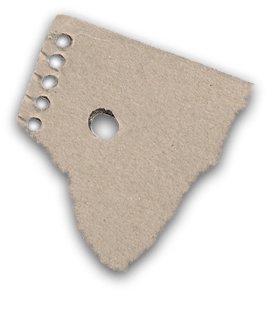Sheila Black
Hurricane Day
They said we should tape the windows;
store candles and water, on no account go to
work or ride the subway. Lights out. And
the sky that morning through the tenement
windows—a greeny yellow, a dangerous glow,
but muted as sound in a snowstorm, a bandage
wrapped around the suddenly slowed city.
The poet Mary Ruefle writes that whenever it
snows she wishes for someone to make love to—
all day in a bed of rumbled white sheets, the
blinds open to flake and shower. And it was like
that—the hurricane day for the storm that
never came. Friends came and we drank bourbon
in our coffee. We kept the lights out as instructed
lit candle after candle, burning our fingers
and having to suck on them like children. When
the friends went home three floors up, we lay down in
our bed like two good children. I touched
your face, mapping it finger-length at a time. How
utterly such moments get lost. You would be officially
diagnosed schizophrenic within the year. I would be living
on the other coast, wheeling a pram up the bare
California hills, saying to myself that this is what
exile is, the world like a party full of strangers or
people you no longer wish to know. But if it all could
be held as under glass—as under those touristy plastic
domes, which you shake to make the synthetic flakes
fall, knowing all the while it is really not cold in there,
it is really a little plastic toy filled with some chemical
version of salt water, and yet doesn’t it give just the
tiniest dizzying thrill? If it could be held as under glass,
I would pick that day. The promise of storm so freeing
so that I could admit everything that was wrong—with
you, with me, with us, our apartment of cardboard boxes,
unmatched dishes, empty bottles of alcohol and emptied
packs of cigarettes, even the death-music turning on the turn-
table, always someone singing about how to get lost or
more so, as if the expiration date was already stamped
on us; admit all this and think none of it mattered,
only the gloaming light over the skyscrapers and the
strange warm wind we finally walked out in toward evening
finding sidewalks clotted with people like us who had
waited all day for the hurricane and now were dazzled, smiling
at the ordinary streets, which seemed at that moment
suddenly radiant, transfigured, the eye of everything.




